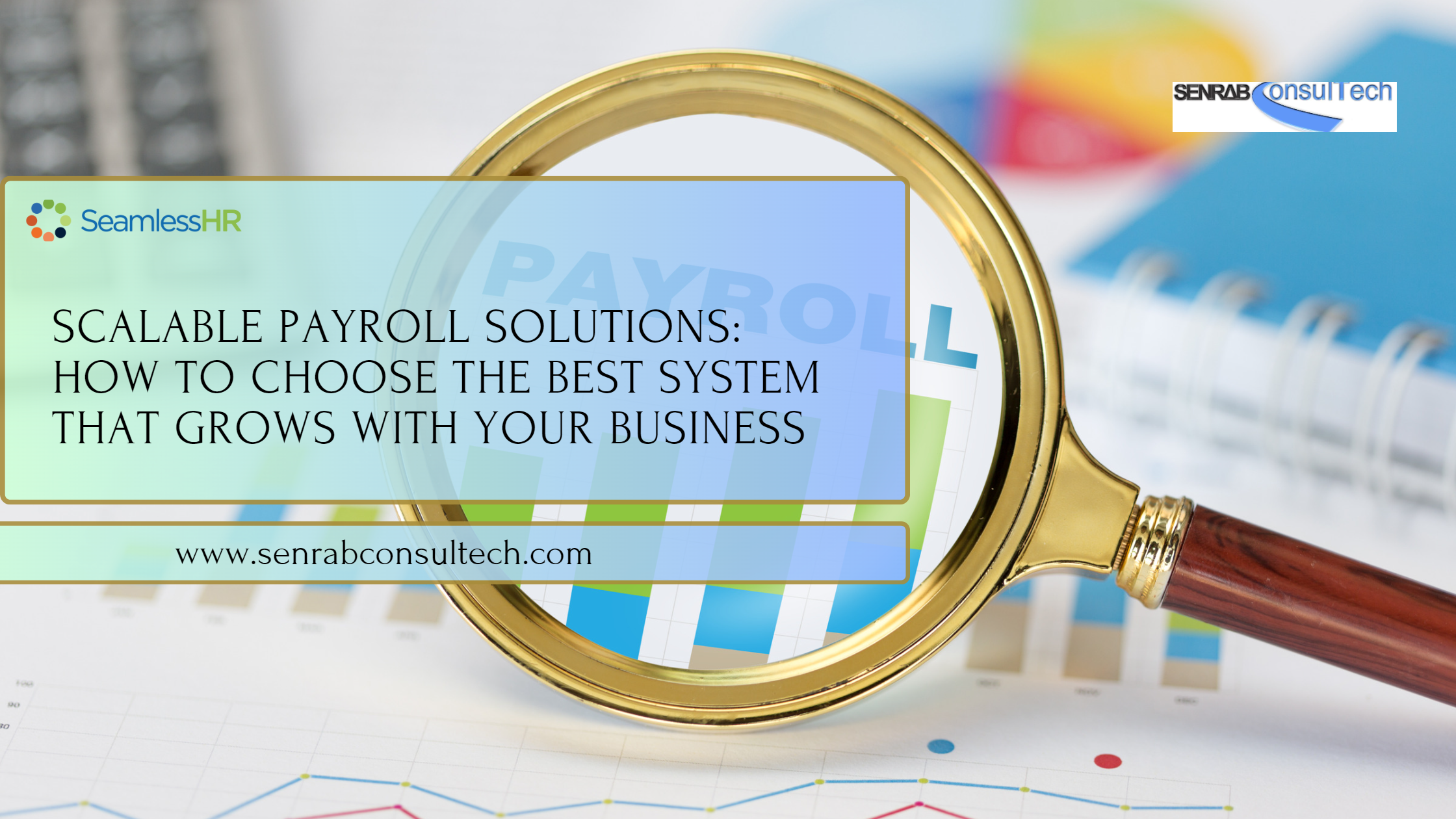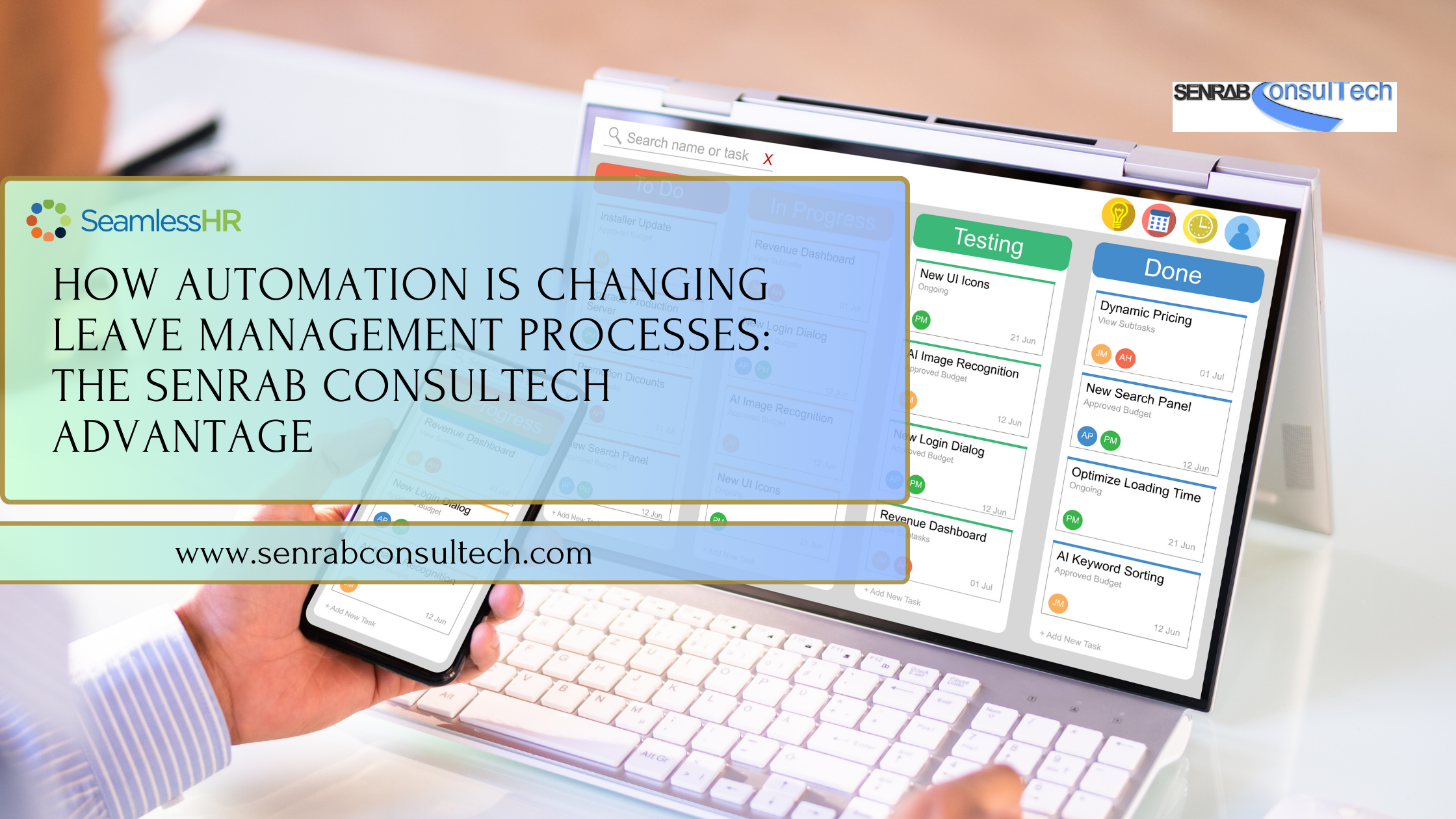Productivity Management, Ever felt like your team is constantly running in circles, struggling to meet deadlines and keep up with the workload? Many teams face these challenges, but the good news is that effective productivity management can turn things around.
By implementing clear goals, mastering time management, and harnessing the right technology, you can transform your team’s performance and create a workplace where everyone thrives. Let’s dive into practical strategies that can make this shift a reality.

Understanding Productivity Management
Productivity management involves optimizing processes and practices to improve efficiency and output. It encompasses setting clear objectives, utilizing time management techniques, leveraging technology, and fostering a positive work environment.
Effective productivity management leads to better performance, higher employee satisfaction, and streamlined operations. By focusing on these areas, organizations can achieve their goals more efficiently and create a more engaging workplace.
Setting Clear Goals And Expectations
SMART Goals
One of the cornerstones of effective productivity management is setting clear and actionable goals. SMART goals—Specific, Measurable, Achievable, Relevant, and Time-bound—provide a framework for creating objectives that drive focus and clarity. For instance, instead of setting a vague goal like “improve sales,” specify “increase quarterly sales by 15% within the next three months.” This approach ensures that goals are clear and attainable, making it easier for team members to stay aligned and motivated.
Alignment
Aligning individual goals with broader organizational objectives helps in maintaining coherence and focus across the team. When each team member understands how their contributions impact the overall success of the organization, they are more likely to stay engaged and committed. Regularly communicate how individual and team goals contribute to the larger mission and adjust goals as needed to ensure alignment with evolving business priorities.
Communication
Clear communication is vital for setting and managing expectations. Ensure that goals and expectations are communicated effectively to all team members. Use meetings, written communications, and performance reviews to clarify objectives and provide ongoing feedback. This transparency helps reduce misunderstandings and keeps everyone on track.

Implementing Effective Time Management Techniques
Prioritization
Effective time management starts with prioritizing tasks. Techniques such as the Eisenhower Matrix, which categorizes tasks into four quadrants based on urgency and importance, can help teams focus on what truly matters. Prioritizing tasks ensures that critical activities are addressed promptly, while less important tasks are handled appropriately.
Time Tracking
Utilizing time tracking tools can significantly enhance productivity. These tools allow teams to monitor how time is spent on various tasks and projects, providing insights into productivity patterns. By identifying time-draining activities and areas for improvement, teams can make informed adjustments to their work processes.
Avoiding Procrastination
Procrastination can severely impact productivity. To combat this, encourage team members to break tasks into smaller, manageable steps and set deadlines for each. Techniques like the Pomodoro Technique, which involves working in short, focused intervals followed by breaks, can also help maintain momentum and reduce procrastination.
Leveraging Technology For Productivity
Productivity Tools
Technology plays a crucial role in enhancing productivity. Tools such as project management software, collaboration platforms, and communication apps streamline tasks and improve team coordination. For example, platforms like Asana or Trello help in managing projects and tracking progress, while tools like Slack facilitate real-time communication and collaboration.
Automation
Automation is another powerful tool for boosting productivity. By automating repetitive tasks such as data entry, reporting, and routine communications, teams can free up time for more strategic activities. Automation not only increases efficiency but also reduces the likelihood of errors and inconsistencies.
Integration
Integrating productivity tools with existing HR systems can further enhance efficiency. Seamless integration ensures that tools work together smoothly, providing a unified view of workflows and performance. This integration allows for better data management and a more cohesive approach to productivity management.
Fostering A Positive Work Environment
Work Culture
A positive work culture is fundamental to productivity. Encourage a supportive and collaborative environment where team members feel valued and motivated. Promote open communication, mutual respect, and teamwork to create a workplace where employees are engaged and enthusiastic about their work.
Recognition and Rewards
Recognizing and rewarding employees for their contributions can significantly boost productivity. Implement a system for acknowledging achievements, whether through formal awards or informal praise. Recognitions and rewards reinforce productive behaviors and motivate employees to maintain high performance levels.
Work-Life Balance
Supporting work-life balance is essential for sustaining productivity. Encourage practices that help employees manage their workload and personal life effectively. Flexible work hours, remote work options, and wellness programs can contribute to a healthier work-life balance and prevent burnout.

Monitoring And Evaluating Productivity
Performance Metrics
Tracking performance metrics is crucial for evaluating productivity. Metrics such as project completion rates, output quality, and time spent on tasks provide valuable insights into productivity levels. Regularly review these metrics to assess performance and identify areas for improvement.
Regular Reviews
Conducting regular performance reviews and feedback sessions helps in monitoring productivity and addressing any issues. Use these reviews to discuss progress, set new goals, and provide constructive feedback. Regular evaluations ensure that productivity management strategies remain effective and aligned with team needs.
Continuous Improvement
Continuous improvement is key to maintaining high productivity. Use insights from performance evaluations to refine productivity management practices. Stay open to new ideas and approaches, and be willing to adjust strategies based on feedback and changing circumstances.
Overcoming Common Productivity Challenges
Remote Work
Managing productivity in remote or hybrid work environments presents unique challenges. Address these by implementing clear remote work policies, providing necessary tools and resources, and fostering a sense of connection among remote team members. Regular check-ins and virtual team-building activities can also help maintain productivity.
Team Dynamics
Navigating team dynamics and resolving conflicts is essential for productivity. Promote open communication and address conflicts promptly to prevent them from affecting team performance. Encourage a collaborative approach to problem-solving and support team cohesion.
Resource Constraints
Resource constraints can impact productivity. Address this by optimizing resource allocation, seeking additional support when needed, and prioritizing tasks effectively. Explore solutions such as outsourcing or temporary assistance to manage workload fluctuations.
To End
Boosting productivity management requires a strategic approach that includes setting clear goals, implementing effective time management techniques, leveraging technology, and fostering a positive work environment. By focusing on these essential strategies, you can transform your team into a high-performing unit that drives organizational success.
For more tailored solutions and expert support in enhancing productivity management, reach out to Senrab ConsulTech. Our team is here to help you implement the strategies and tools needed to achieve your productivity goals.


